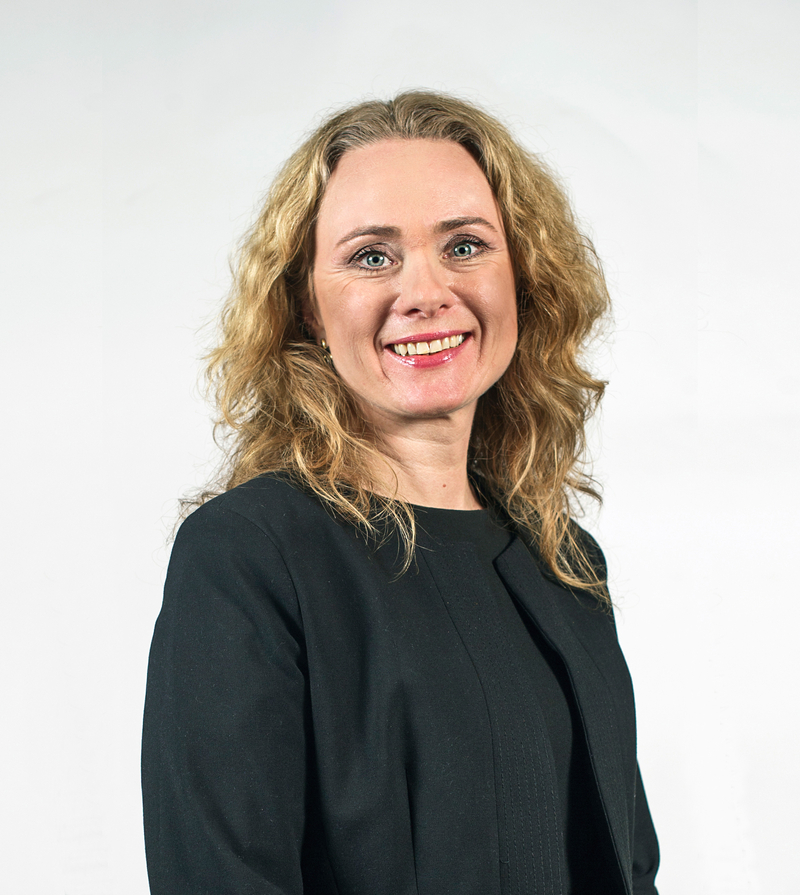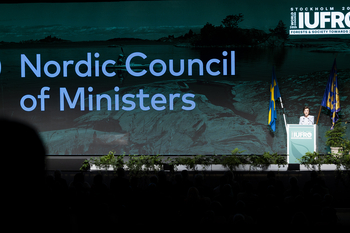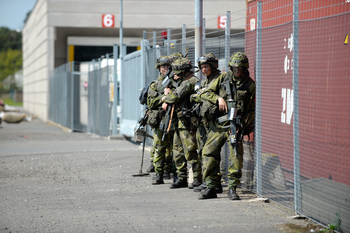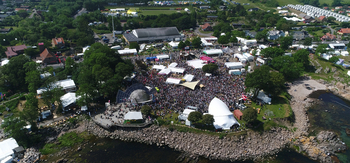Unique research into the working life of the future

“The question of how the Nordic model for working life will function in a future characterised by major change and transition is important for the whole of the Nordic Region. We need good, secure jobs and conditions so that careers last longer. I am really pleased with the broad-based, robust and forward-looking Nordic project we have put together to address these issues,” says the Norwegian Minister of Labour and Social Affairs, Anniken Hauglie.
FAFO commissioned
The MR-A initiative is a response to the review of working life conducted by former EU Commissioner Poul Nielson last year. Nielson recommended that the Nordic countries make greater efforts to seek joint solutions to problems.
Earlier this year, the MR-A put out to tender a major project “The Working Life of the Future”, which will run from autumn 2017 until autumn 2020.
The Norwegian Institute for Labour and Social Research (FAFO) has now been commissioned to run the project.
“It is unique and innovative that the Nordic Council of Ministers is inviting researchers from the whole of the Region to take part in a joint knowledge and policy exchange on this topic. It will be really inspiring to work with such a broad group of Nordic researchers,” says Jon Erik Dølvik, Coordinator of Comparative Labour Research at FAFO and Head of Research for the new project.
Crucial drivers
The first task for the new project will be to conduct an analysis of the strongest drivers for change in the labour market, e.g. assessing the pace of globalisation and new technology.
This analysis will be presented at the Future of Work conference in Sweden next year.
The researchers will then go on to look at the impact of these changes on the Nordic labour-market model, i.e. the consequences for the working environment and health, labour law, collective bargaining, employment and the relationships between unions and employers.
Robotics and care
The project will seek answers to three important questions:
- What effect will digitisation and robotics have on ordinary workplaces in industry and in care services?
- What effect will it have that the nature of employment is changing, replacing full-time permanent jobs with temps, self-employed freelancers and short-term contracts of varying quality?
- How do we guarantee job security and good conditions for people who work on global or local digital platforms?
Good at change
“Researchers are no better seers than anybody else, but we do know that already visible trends will have an impact in the immediate future. We need to systematise these trends and identify what it is reasonable to expect,” Jon Erik Dølvik explains.
He also points out that one of the strengths of the Nordic labour-market model is its ability to adapt rapidly and well to change.
“Politicians, employers and unions all exert great influence, and we will identify opportunities for them to shape the labour market of the future,”he concludes.
In 2019, an interim report by the project The Working Life of the Future will serve as the Nordic Region's contribution to the ILO centenary celebrations and as an important reference document for the Future of Work conference hosted by Iceland. The final report will be published in 2020.
- Poul Nielson’s report: Working Life in the Nordic Region: Challenges and proposals
- Further info about the project The Future of Work




